A worker bends down under an open window. She comes up, hits her head, and exclaims, "The window hit me!". A worker pumping gasoline tries to pump to the roundest number. He is afraid to go over the amount handed to him, shrugs, and says, "It has refused". A villager is lacking a health clinic and good road. They say, "The money: it has refused us."
A Westerner would lable this "fatalism". We would put the blame on the person. "I hit my head", "I can't pump it more", "We can't get funding"....
In
Maybe I would agree until I remember the feeling of living in
So I can understand how one becomes fatalistic. Without any way to get a job one has to rely on "sponsors" from rich countries to send $100 for children's school fees. Without a reliable government one just has to learn to be complacent with no roads or clean water. Without any means of getting a "second opinion" one has to be content with medical treatment that isn't even working. While in wealthy
Other countries have recognised the poverty of
So what's the answer? I don't know. I don't think the answer is to make the whole world mzungus (white people). I believe some of the solution will involve empowerment.
I have been privaleged to hear from Dr. Mark Hall here on the medical mission. He worked for six years in Jinja, mostly doing basic health training in the villages. He recognized that building a hospital is sexy and Western, but is more like opening a candy shop in a land suffering from famine. For every life saved in a hospital, 100 people die in the villages from simple diseases. I've heard the stat that every 5 seconds a child dies in third world countries from treatable diseases. Dr. Hall recognized how many lives could be saved if the people could recognize dehydration and make Oral Rehydration Solution, if people could recognize malaria before a child is severely anemic and go for treatment, if people could understand nutrition--and all of this in a culturally appropriate and understandable way--hundreds could be saved. Prevention is about as glamourous. Neither are unknown grass-roots project with no website OR huge numbers to boast. The safari ants over here are not very glamorous either, but they drive entire households from buildings.


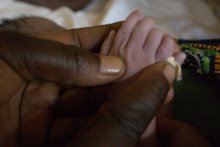

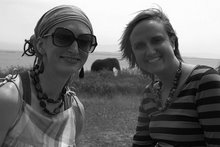
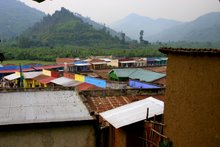
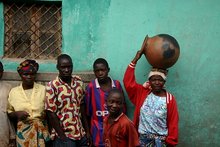
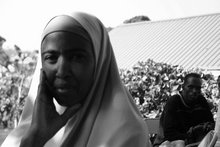
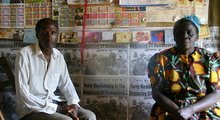
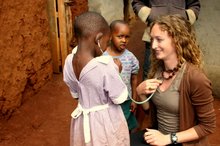
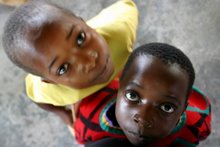

1 comment:
Erika,
I just read all of your blogs. I am proud of you. I think if we all took a turn at seeing how the rest of the world actually lives maybe we would be more grateful for what we have as opposed to what we always want which is never a necessity. Keep up the good work and know that I am praying for you.
Love,
Aimee Ping
Post a Comment